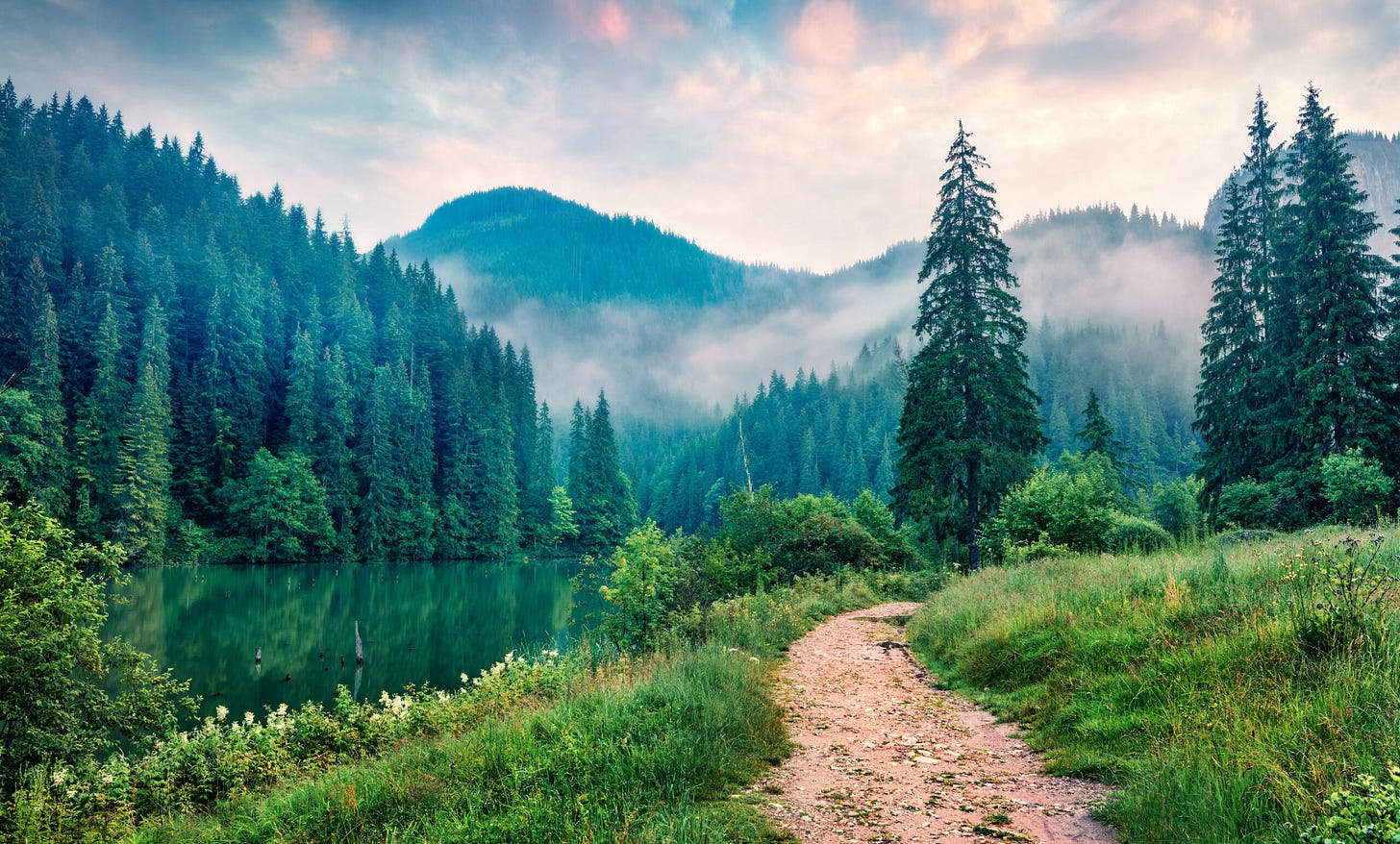Put Down Your Phone
A friend at dinner said to me a couple months ago, “Thank you, Andrew. Thanks to you, I quit using Instagram.”
“Really?” I responded. “What did I do?” I was a little concerned that I had done something odd or off-putting.
He said, “Well, I was posting pictures of food or my life all of the time and I got myself to 5,000 followers. It took a lot of effort and I was really proud. Then I looked at you and you had 500,000 followers. And I thought, ‘What am I doing? I’m putting all of this effort into something that will never feel like enough.’ So I quit. So thank you.”
“You’re welcome,” I said, which was pretty easy since I hadn’t actually done anything.
My friend is a suburban Dad with a steady job, so him posting to Instagram was just a random hobby. I feel like Instagram is a necessity if you’re someone who is looking for a date or if you’re a public personality.
I’m on social media a lot. It’s something that I feel is part of my job; I’m trying to catalyze a movement or maybe just make people feel a little bit better about things. And at this point I have significant followings on most platforms, so it would feel like a gargantuan waste if I were to stop. My platforms each month have a reach of several million people.
That said, using them doesn’t always make me feel great. And they can be a very big time and energy suck.
“Today, we are more likely to passively consume friends’ life updates on things like Instagram Stories or a direct message which creates a lot of micro check-ins. But it decreases your likelihood of a deeper check-in or reconnect because you feel up to date. It’s starting to substitute for committing time in real life,” says Jules Terpak, a digital culture analyst who specializes in young people’s use of social media. I interview Jules on the podcast this week.
Perversely, social media could be leading to less getting together with friends. “Meta says that the average American has three friends but demand for fifteen. I feel like three friends sounds like a lot. A ton of people online wind up in parasocial relationships where it’s not mutual, you don’t actually know the person. If you live in a major city like New York, your online contacts are likely to roll through at some point. But if you live someplace more remote like where I grew up in rural PA that’s not really the case,” Jules observes. “So people might just stay at home and make ‘friends’ online whom they may never see.”
This makes sense to me. As we move more of our socializing online, we feel connected without having to see the person. In my case, I know hundreds of people whom I have never met in person. Occasionally, I meet someone with whom I’ve been digitally connected for years and we’re like, “Finally!!!” I am constantly getting some version of “Huh, you’re ________ in person than I thought you were.” The two words I get most often are “taller” and “nicer.” I guess I seem shorter and meaner online?
The social media platform I use the most is X, formerly Twitter. It has gotten worse, and I now also post on Bluesky. I use Instagram for photos and events, and TikTok mainly for fun and to reach young people. I do have a staffer working to manage my online presence, so it’s not always me doing the actual posting on some platforms.
Social media in general is driving us into online corners where we engage in clashes, some of which drive behavior in real life. I have met people who seem like lunatics online and they’re 100 times better and more reasonable-seeming in person. I am wholly on board with Jonathan Haidt’s Anxious Generation-message that we should restrict social media use for minors. I live in fear of my kids getting on social media when they hit that age group in a few years. I periodically go for nature walks to try and detox, often from something online.
One of our goals should be to get people out and about in real life. I read an article in the Atlantic that people don’t party as much as they used to. I hosted an ‘Offline’ no-phones Party in Manhattan last week that drew 700 people; there’s a real hunger for community and activity that translates out in to the real world. Concerts and live events are in demand right now, albeit overpriced.
TLDR: I am very online. I am deeply ambivalent about it. If you have an opportunity to unplug, take it. I’m going to be looking for ways to help us all unplug and look up.
For my interview with Jules Terpak click here. To see what Forward is doing in your area click here. To sign up for the next Offline event, click here – we will be taking them on the road.



